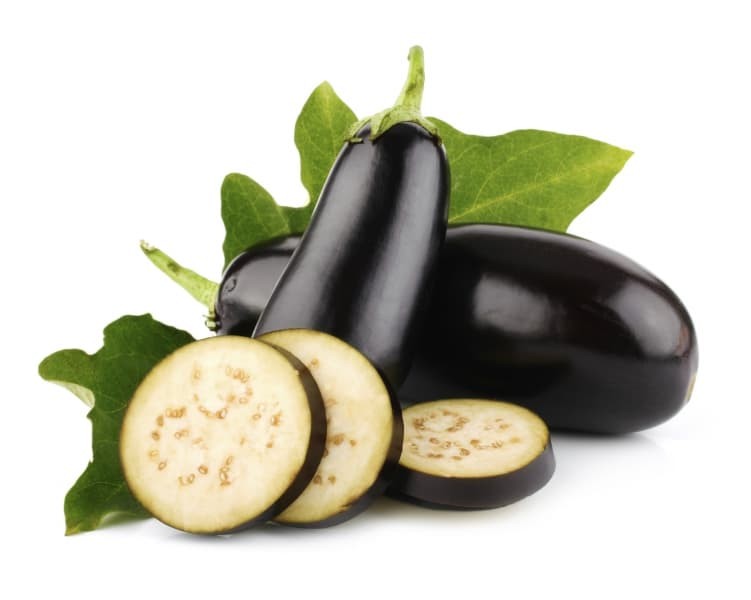
An Italian restaurant cannot claim to be authentic without serving lasagna, one of the signature dishes of Italian cuisine that's upheld in every Italian household. But did you know that the real origin of this dish is highly debatable as different stories are told about whose kitchen made it first before it became part of the rich Italian culture? Explore the history of lasagna, as well as the health benefits of eggplant lasagna - and how to prepare it - in this guide.
The History of Lasagna
Lasagna is believed to have originated in Greece or was introduced by the first Greek immigrants to Italy. The word lasagna comes from the Greek word laganon, which refers to a flat sheet of pasta cut into strips. Layers of pasta and sauce are then cooked in a pot called lassanon, hence the name of the dish.
However, the first lasagna recipe was documented in an Italian cookbook sometime during the 16th century. Several layers of pasta, cheese and spices made up this dish, but it had no tomatoes or red wine that is usually mixed into the thick ragu sauce. It is said that the lasagna we know today, with its layers of pasta and cheese, herbs, onions, tomato sauce and ground meat, came from Emilia Romagna or Naples.
In any case, it is interesting to note that the eggplant came to Italy a century before the first recipe for lasagna. Most Italian dishes, especially those that are cooked with pasta, contain this vegetable. Eggplant pasta first became popular in southern Italy, before spreading across the country and around the globe. The Italians soon realized that eggplant lasagna could become a favorite dish when they discovered its versatility and how it could deliver so much happiness and contribute to better health.
Health Benefits of Eggplant Lasagna
Because it uses thin, roasted eggplant slices in place of lasagna noodles, eggplant lasagna is low in carbohydrates and high in vitamins and minerals such as vitamins A, C and K, fibre, potassium, manganese, copper and magnesium, an important mineral that assists in the body's calcium absorption.
Eggplant is packed with antioxidants that promote heart health and prevent a range of chronic diseases. Its chlorogenic acid and fibre content help to regulate blood sugar levels, making it an excellent food for people with diabetes. The purple skin of the vegetable contains flavonoids, called anthocyanins, which are proven to lower blood pressure and improve blood flow.
If you're trying to lose weight, then eggplant lasagna is no doubt your go-to recipe thanks to its low calorie content. Furthermore, the vegetable has been found to contain substances that may inhibit cancer cell growth.
So, if you can't wait any longer to reap the health benefits of eggplant lasagna and satisfy your taste buds and tummy, head into the kitchen and follow this easy-to-make eggplant lasagna recipe.
To try more healthy pasta recipes and vegan recipes, go here.
Ingredients
- 1 large eggplant, sliced and halved
- 1 brown onion
- 1 Russian garlic clove
- 1 bottle tomato and herb pasta sauce (or any favourite pasta sauce)
- 1 can diced tomatoes
- 1 handful of chopped fresh parsley
- 1 tablespoon butter
- 2 cups grated cheddar cheese
- Lasagna sheets (spelt is a great alternative to wheat pasta)
White Sauce Ingredients
- 20g Wholemeal Flour (or for added nutrients oat, brown rice, quinoa or spelt are a great option. Brown rice flour or quinoa flour are great alternatives if there are any gluten intolerances).
- 425ml Milk (oat, almond or rice milk can be used if there are dairy intolerances)
- 40g Butter
Instructions
To Make Lasagna
- Sauté garlic and onion in melted butter until just soft and onion translucent. Remember to put on low to medium heat and stir occasionally to prevent burning.
- Add sliced eggplant and continue to sauté until eggplant is slightly soft.
- Add the pasta sauce, parsley and canned diced tomatoes and let simmer for approximately 45 minutes, stirring occasionally.
- Whilst this is simmering, make the white sauce.
- In a lasagna dish, pour in half the vegetables, cover with lasagna sheets, pour over half of the white sauce and sprinkle with half of the grated cheese. Repeat with the second half ending with grated cheese.
- Bake in the oven on 180 degrees C for 15-20 minutes or until the cheese is golden brown.
To Make White Sauce
- Pour the milk into the saucepan.
- Add the flour and butter and put on the heat gradually to simmer. Whisk continuously until it becomes thick, smooth and glossy.
- Once the sauce is thickened and becomes smooth and glossy, turn the heat down and continue cooking the sauce very gently for 5 minutes. It is important to stir from time to time in order for it not to burn and not become lumpy.









